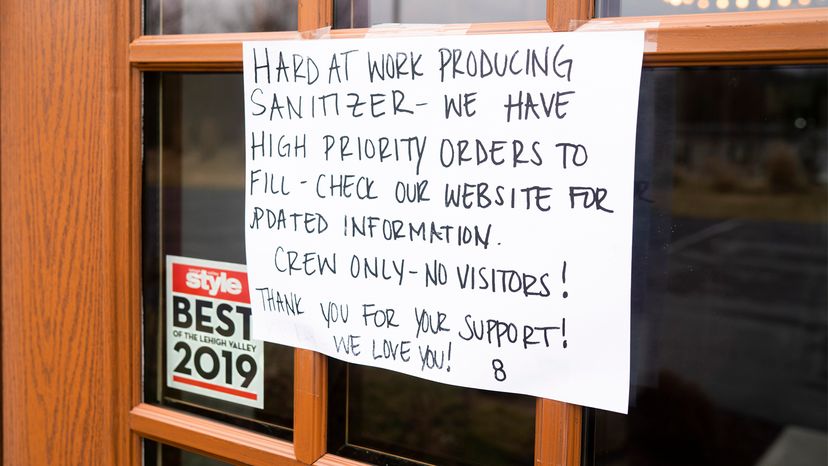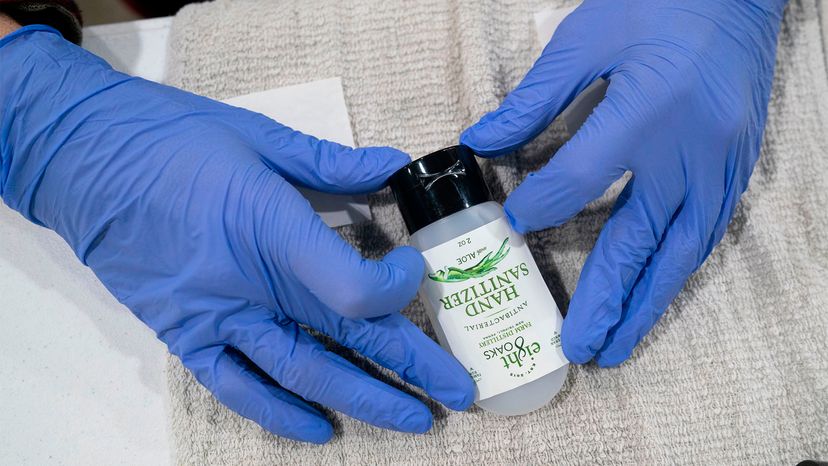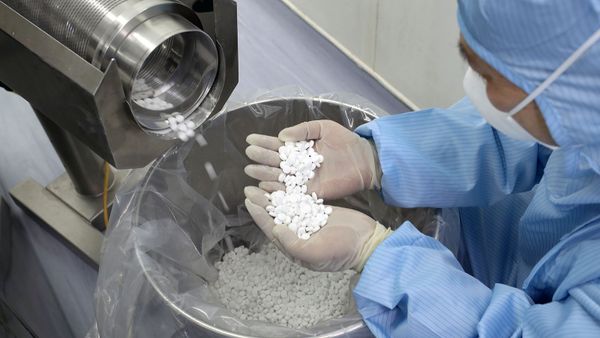
COVID-19 has thrown the world into chaos; businesses have shuttered, state lines are closing and social distancing has quickly become the new normal. One aspect of this pandemic that will likely carry on after the end of the virus is the public's newfound — albeit mandated — appreciation for hygiene. Contributing to the fight against this unprecedented pandemic are distilleries and breweries, using their resources to donate water and to create and distribute hand sanitizer. For those wondering how companies producing spirits like vodka, whiskey and beer have been able to seamlessly switch to hygiene products, here's how it works.
The recipe for hand sanitizer is surprisingly easy; the Centers for Disease Control and Prevention suggests using "at least 60 percent alcohol," which can then be mixed with aloe vera. Distilleries across the nation are using ethanol — a natural byproduct of distillation — to produce top-shelf hand sanitizer.
Advertisement
This unprecedented relaxation of certain formula approvals comes by way of the Alcohol and Tobacco Tax and Trade Bureau (TTB), who OK'd the production of ethanol-based hand sanitizers by permitted distillers.
Moonrise Distillery in Clayton, Georgia, was one of the first two distilleries in the country to retool their formula to produce hand sanitizer, using their own alcohol to benefit the public and try to slow the spread of the disease.
"We are using our high proof botanical gin," says Doug Nassaur, head distiller at Moonrise, in an email. "This is an infused tincture that uses local botanicals and in-house produced NGS [Natural Grain Spirits] from local ingredients to produce a high-proof, high-quality gin. We add natural aloe to the gin, which complements the botanicals to offer a virus killing, hand-friendly solution. All of our ingredients are locally sourced and we produce all of our alcohol in-house which eliminates issues with supply chains." As of March 30, 2020, Moonrise has distributed more than 3,000 bottles.
Advertisement



